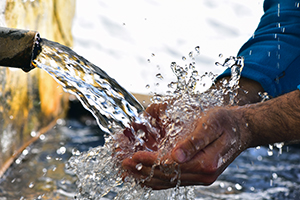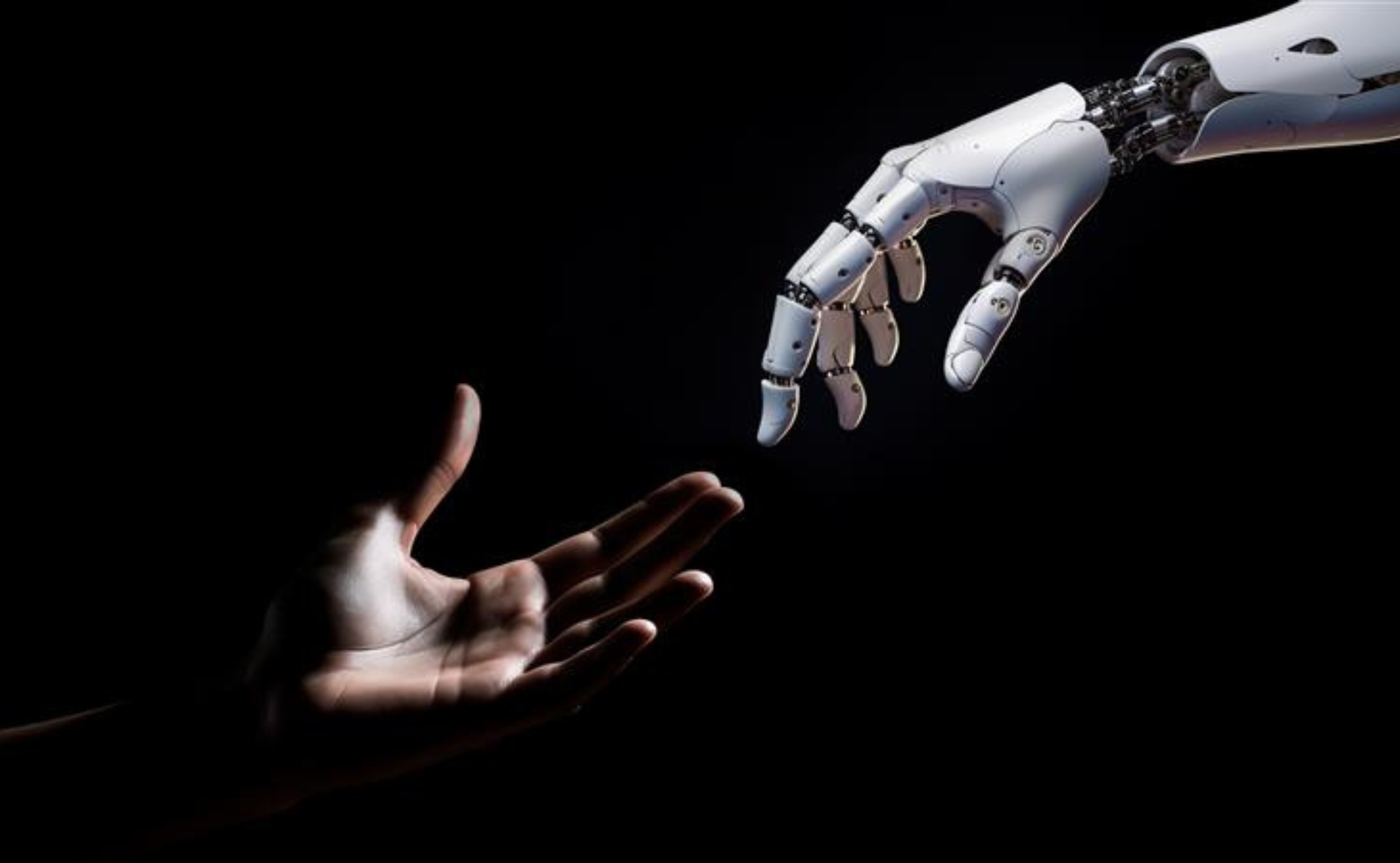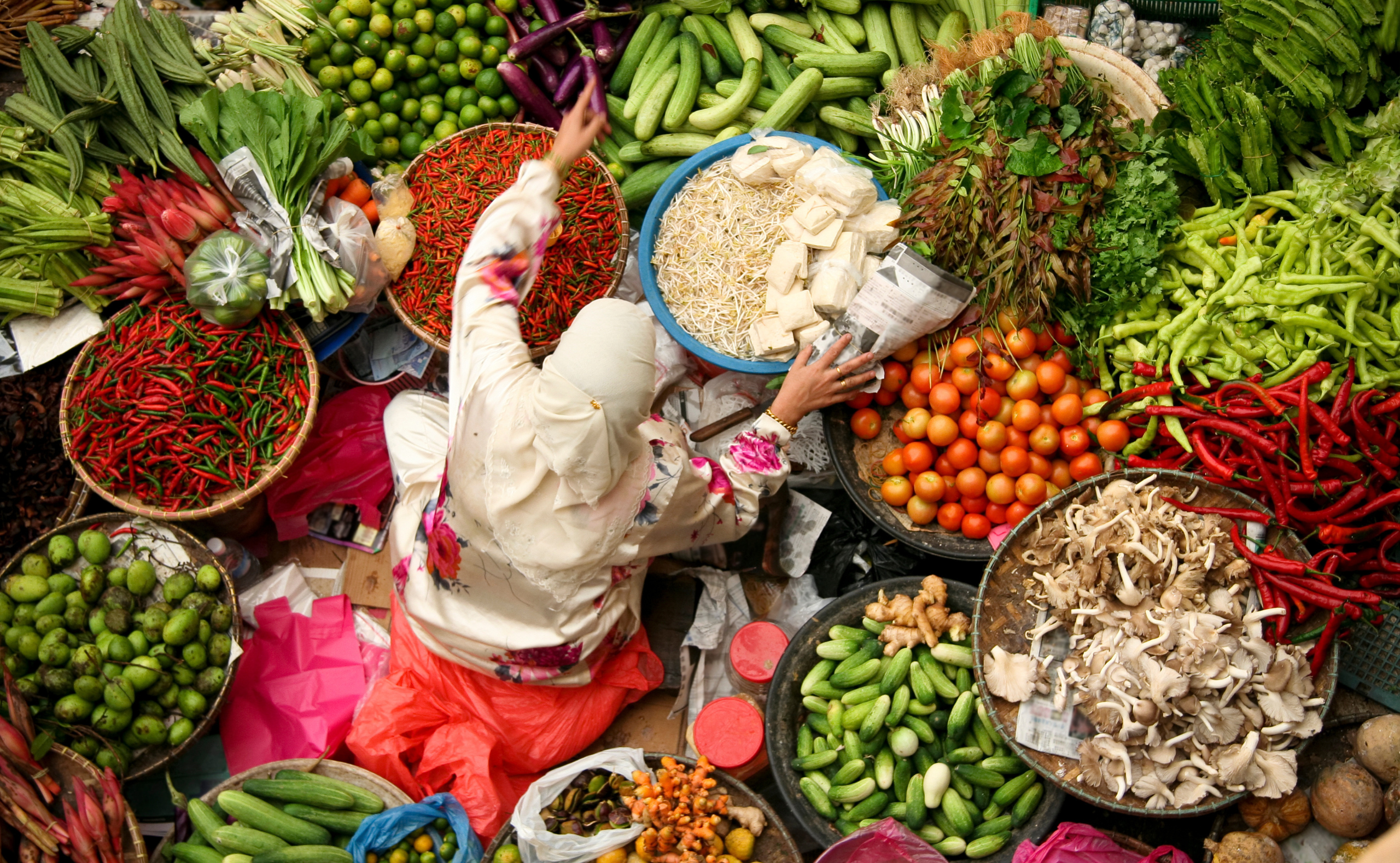
Medical experts and institutions tell us that a critical but simple lifesaving action to reduce vulnerability to COVID-19 is literally in our own hands—regular handwashing with soap. Public awareness efforts underscore the need for greater behavioral compliance. According to researchers at the University of Oxford and Imperial College London in the United Kingdom and Utrecht University and the National Institute for Public Health and the Environment in the Netherlands, “How individuals respond to government advice on preventing the spread of COVID-19 will be at least as important, if not more important, than government action.” Yet when it comes to handwashing, the challenge runs deeper than personal routine alone.
This World Water Day week reminds us that water, which people need to wash their hands with soap, remains in short supply for far too many. UNICEF reports that as of 2018, 3 billion people, including children, parents, teachers, healthcare workers, and others in local communities, had no access to basic handwashing facilities. Meanwhile, 16% of healthcare facilities had no functional toilets or handwashing facilities at points of care. The lack of access to clean water and safe sanitation continues to be responsible for nearly 90% of all fatalities from diarrhea worldwide and is now crucial to preventing more deaths caused by the spread of COVID-19.
Experts who gathered at the third World Water Forum in Japan in 2003 rang the alarm bell, underscoring that one of the “greatest failures of the last century has undoubtedly been the failure to lay the foundation stones of public health in the developing world—hygiene, sanitation, and water supply.” Fortunately, it is not too late to make up for lost time and save millions of lives.
Sustainable access to clean water for handwashing and achieving the United Nations’ 2030 Sustainable Development Goals requires safe sanitation, including wastewater treatment. Most urban sanitation measures have been limited to the incremental expansion of centralized sewer infrastructure. Little attention has been paid to reaching the poor or for long-term service provision, financial viability, or the public system functions that can make a difference. Out-of-the-box approaches for addressing these challenges is urgently needed.
An example is the city-wide inclusive sanitation initiative promoted by the Bill & Melinda Gates Foundation, which radically rethinks the urban sanitation subsector. It proposes a public services framework for pursuing equitable, safe, and sustained service outcomes at the city level. The Asian Development Bank Institute and the Bill & Melinda Gates Foundation have been working with policy makers, municipal governments, businesses, and civil society to implement this approach. The spillover effects can be significant, raising property values, boosting tourism and people’s livelihoods, and enabling improved health and productivity, as quantified in a recent study of Dumaguete City in the Philippines.
The COVID-19 crisis is a crucial opportunity to take forward these and other innovative infrastructure financing solutions spotlighted by experts in Water Insecurity and Sanitation in Asia. Proceeding with these measures could greatly increase clean water and handwashing access, ensure public health, and build more sustainable and resilient communities, now and into the future.





